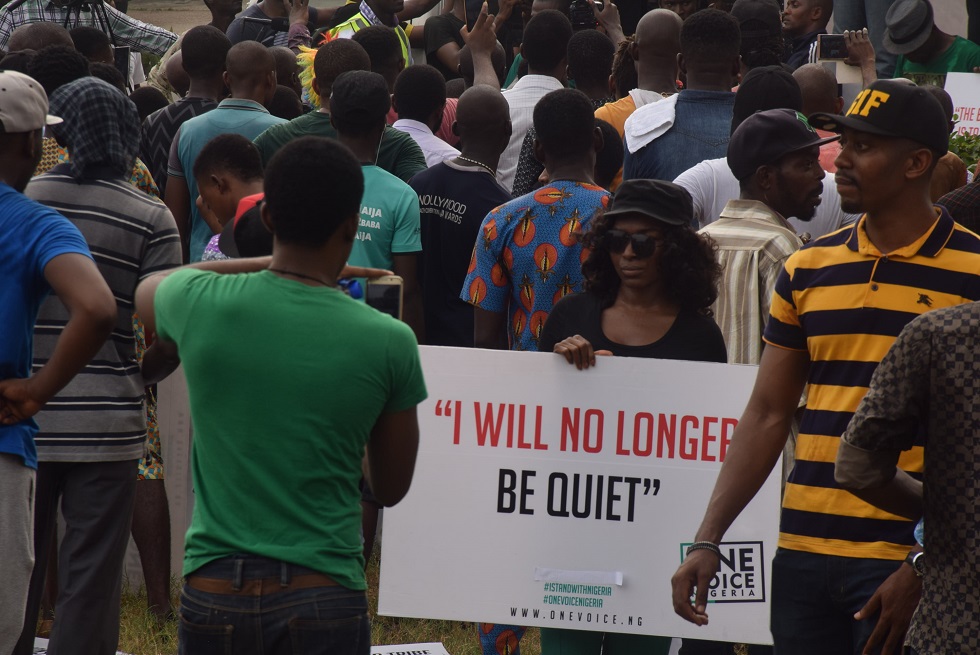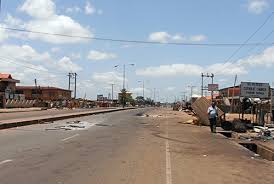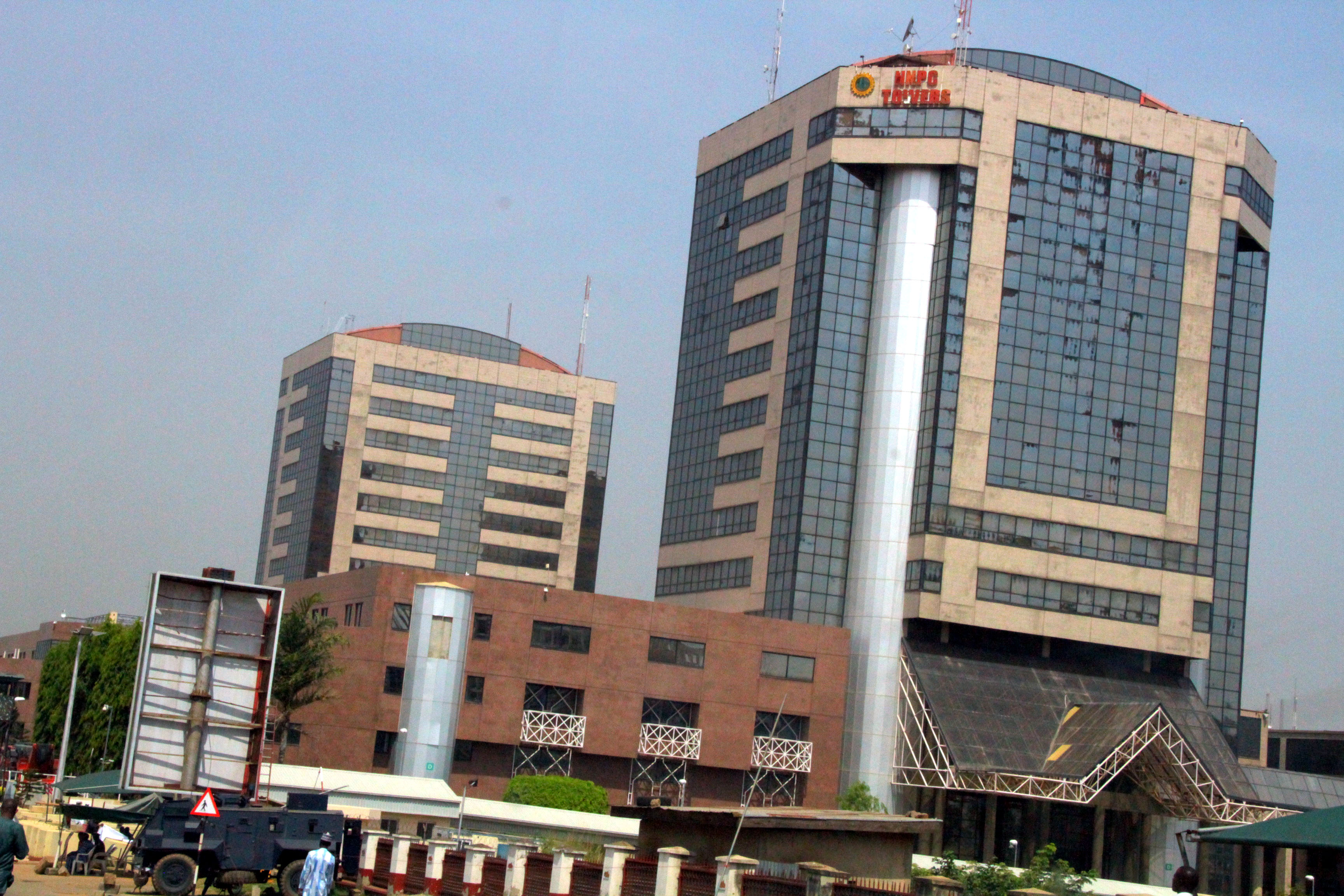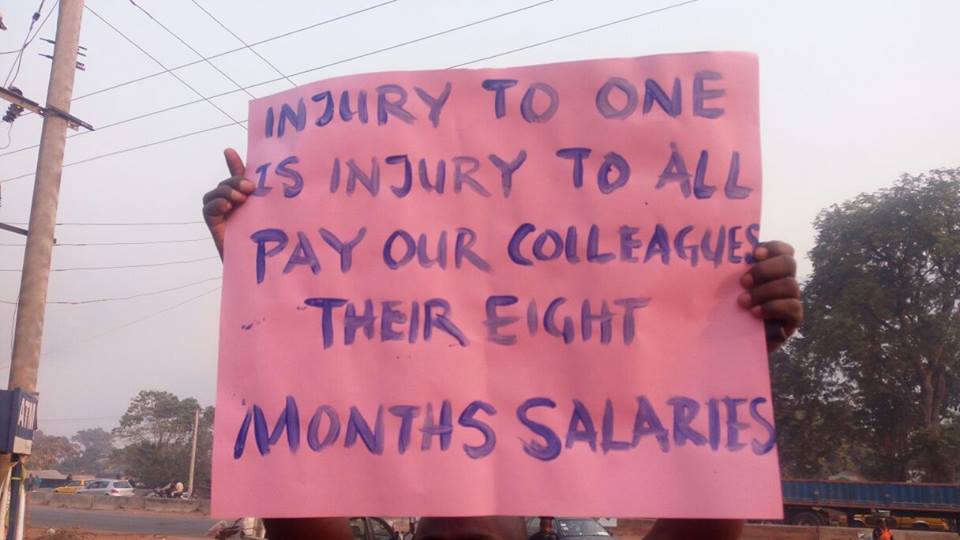BY TUNJI OLAOPA
There is one fundamental truism that has now been fortunately forced into the development discourse across the globe. This truism is that development is all about the people. In other words, any development efforts that are not conducive to the eventual empowerment of those they are meant for are, by that fact, futile.
The seeming ordinariness of this thesis, as well as its revolutionary character, can only be appreciated if the historicity and the ideology of the global understanding of orthodox development discourse are properly contextualized. The current discourse that underlies the Washington Consensus sees development essentially as a catch up game; the rest of the world, and especially the struggling states in the third world, are expected to look to the West for development paradigms, insights, models and direction. This meant that models of economic development and governance paradigms can only be shipped down to, say, Africa for the various governments on the continent to just accept and deploy.
We really do not need to look far for the consequences of these development assumptions. They are glaring in the gross infrastructural deficits that face every African state since the coming of the World Bank and the IMF, and their interventions in the development equations in Africa. Beginning from the structural adjustment programmes (SAPs) of the 90s, citizens in most African countries were forced to swallow the bitter pills of austerity measures arising from the conditionalities imposed on the governments to achieve the development models prescribed by the Bretton Wood institutions. Yet, Africa has been struggling with development ever since, and into the twenty first century. And the indices of our struggles keep getting aggravated with bad statistics. In summary, Africa is home to most of the least developed states in the world. It is a bad investment location. It has the highest mortality, illiteracy and child education rate. It is the poorest continent in the world. And it houses most of the most corrupt states on the Transparency International Corruption Index.
The complement of the truism that development is about the people is that those who achieve significant development do so on their own term, while voluntarily but critically adopting and adapting global best practices that are close to their own internally-generated ideals of development. Fabricating that idea depends on the ideological assumption that any state has adopted as the guiding framework for ordering its internal matrices and external relations. This is what China has done with the Beijing Consensus. No matter what reservation we may all have about China’s human right credentials, no one will doubt that China has gone very far in positively affecting the lives of her citizens. China’s infrastructural achievements are fast becoming the cynosure of the global eyes.
Advertisement
We cannot say the same for Nigeria. The infrastructural deficit stands at $8 billion annually. In the 2016 budget, capital expenditure stands at a meager 30%. But this is not the fundamental source of the development issue. What is fundamental is the appropriate model for instigating development that will not only be about the people, as we have noted, but will also be accelerated in Nigeria’s own unique development terms. The answer lies in the dynamics of local governance that speaks directly and immediately to the grassroots where Nigerians are. This is not a new insight, even though it is just now forcing its way into development thinking. And amongst those who got to its fundamental essence first is the redoubtable Prof. Akinlawon Ladipo Mabogunje. Renowned as the father of African geography, Prof. Mabogunje did not only give a significant African visibility to the obscure discipline, but he also factored Africa’s postcolonial predicament into the theoretical and substantive intellectual dynamics of the discipline. In Nigeria, for instance, Prof. Mabogunje’s brand of geographical reflection on Nigeria spans such significant and critical national issues like housing, land reform, poverty alleviation, census taking, public service review, planning, community banking, urban development, the university, rural development and forestry. All these issues have, in one way or the other, some critical place in Nigeria’s federal palaver. Land and land use in Nigeria are a critical example.
Nigeria’s land troubles commences with the 1978 Land Use Act which effectively and unfortunately undermines the very spirit of federalism because the Act is a federal law which overrides any peculiar customary or legal statutes existing within the states. In a true federal situation, land belongs with the local communities, and hence with the state governments. And it is at this juncture of federalism, local dynamics of development and genuine land reform that Prof. Mabogunje interjects his reform recommendations. This begins, according to him and the committee on land reform inaugurated by the Yar’Adua administration, with a thorough cadastral mapping and registration of all lands in Nigeria. The land reform project involves a long term objective of registering all the land in Nigeria for the purpose of generating enormous revenue for the government as well as injecting capital investment into the country.
This reform dynamics is further connected to the second reform programme that is associated with Prof. Mabogunje. This is the OPTICOM rural development initiative which takes the grassroots locality as the first condition for thinking about development in any community. Development, in other words, commences from the identification of community groups and groupings that can facilitate development insights and ideas that the entire community can rally round and consolidate.
Advertisement
There is one cogent point that the above demonstrates. And this is that the present centralized logic of the Nigerian state and its governance model has been constraining development. Centralization limits grassroots development initiatives because it ties development to the unitary framework which in itself limits national integration. Federalism has entered into popular consciousness as the best system to adequately resolve Nigeria’s plurality. The federal option allows for a decentered federation that permits the federating units to pursue unit-, regional- or zone-specific development that emanates from a particular locality and its unique development problematic. Centralization was the choice postcolonial alternative especially in the immediate post-independence period when development planning in Nigeria requires the presence of the government at what was called the “commanding height” of the economy to facilitate the government’s capacity to steer the state along the path of development prosperity. This was significant given the urgent need for modernization of the Nigerian state after colonization.
In post-independence Nigeria, the problem of development was simultaneous with that of the national question of fashioning “one Nigeria” out of the many ethnic identities contending for relevance and the scarce resources of the state. However, we have the singular Civil War as the attestation of the failure of centralization of the Nigerian federation. Since independence, we also have the limitations of the numerous planning efforts as the negative testament to the inadequacy of centralized planning for development. But with the new democratic consciousness that is infusing political reflection about government, centralization is fact giving way to the idea of participatory understanding of government and governance. The idea of development democracy demands that the “commanding height” which the government seeks should be brought low to the level of the grassroots where the people themselves can become the real center of democratic and development participation. Thus, development democracy begins at the level of local governance.
The local government within the lopsided federal arrangement in Nigeria is the most neglected tier of government in the theory and practice of democracy and federalism in Nigeria. And this becomes a deep indictment of Nigeria’s democratic and development credentials because it is at this level that most Nigerians have their beings. For instance, the infrastructural efforts of government barely manage to percolate down to the different localities that make up the different local government areas in Nigeria. Nigeria’s top-down development model ensures that the resources are effectively frittered away before they get down to the real places where the real people, the struggling Nigerians, are.
The challenge that democratic governance therefore poses for Nigeria’s development dynamics is the urgent need for an overhaul of the local government administrative and governance frameworks. Local government administration must, in other words, transition into a local governance dynamics that will efficiently transform the lives and existence of the grassroots which legitimize all development models, and is in turn empowered significantly to participate and benefit from the democratic process. To achieve a meaningful local governance capacitation model, there is a need for both decentralization of institutional frameworks and the devolution of powers. Decentralization requires, as a first condition, the substantive recognition of the local government as a tier of democratic empowerment. Within the Nigerian context, this inevitably requires some proactive institutional arrangements that will constitute the administrative matrix for facilitating local governance. The governance structure can be greatly facilitated, for instance, around the sustainable development goals (SDGs). In fact, it seems to me that the local governance structures and dynamics represent the best means by which the SDGs can best be achieved. This is because, essentially, the SDGs are brought down to earth amongst those they are meant to benefit and empower.
Advertisement
But the constitution must remain the central focus for any substantive decentralization of institutional frameworks and devolution dynamics that will make local governance a reality. As it is, Nigerians have already commenced self-help in the absence of the state and its empowerment in their lives. But if the state must truly become democratic and legitimate, there is the need to tinker with the constitutional requirements that would shoot the local government into democratic reckoning in governance matters. Decentralization requires the devolution of powers. The unitary federal arrangement in Nigeria already loads the dice against the local government and its grassroots requirements. The executive and the concurrent legislative lists in the Second Schedule of the 1999 Constitution are constituted in such a way that they have stifled the governance capacity of the residual list. What is left on that list are residual list are mere residues of governance, like chieftaincy matters, which has barely any effect on the effective empowerment of the people.
Bottom up development therefore requires that cogent issues like policing, extraction of mineral resources, taxation, trade and commerce, etc. be reallocated into the residual list to make it truly conducive for democratic governance to gain ground among the people that matters. These substantive issues provide the context for wider governance participation amongst the citizens, the civil society, global partners and state actors to ensure that Nigerians get the best of good governance. In the final analysis, it seems to me that while the clamor for the restructuring of the Nigerian polity is a welcome development, it is not something that can be achieved in the twinkling of an eye. Our best bet remains a gradualist approach. Decentralization and devolution of powers, within the ambit of constitutional amendment, provides a logical win-win situation which the Nigerian state can explore as part of its conditions for an effective good governance for Nigerians.
Views expressed by contributors are strictly personal and not of TheCable.
Add a comment






